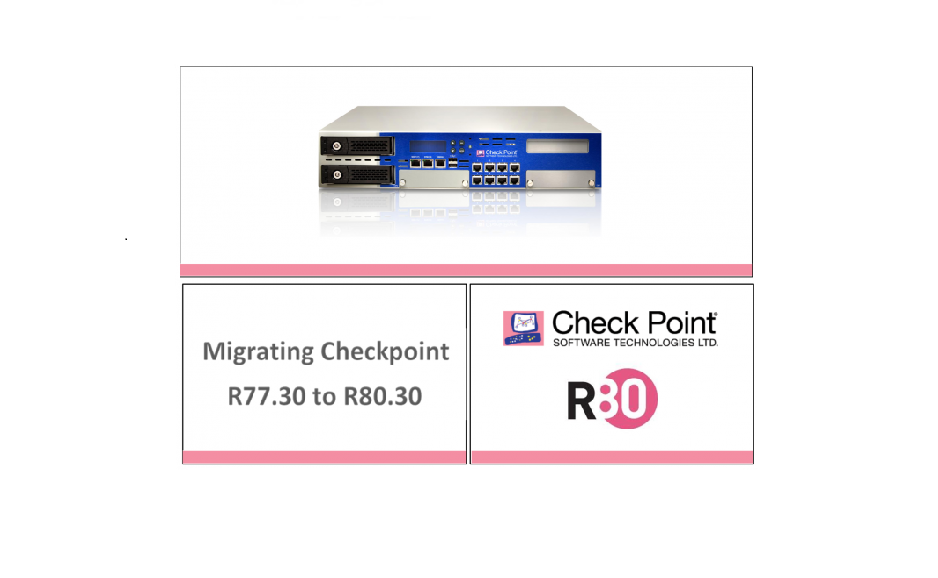ISO/IEC 27001 Common Questions
What is ISO/IEC 27001?
ISO/IEC 27001 is a globally recognized standard for Information Security Management, it was developed in collaboration between the International Organisation of Standardization, ISO and the International Electrotechnical Commission the IEC.
It provides a systematic and structured approach to managing and protecting sensitive information within an organisation.
ISO/IEC 27001 is based on Plan, Do Check Act, known as the PDCA cycle and requires organisations to implement a comprehensive set of policies, procedures, and controls to manage Information Security Risks and ensure that the Confidentiality, Integrity, and Availability of information.
The standard is designed to be flexible and can be applied to all types of organisations of any size, from small business to multi-national corporations.
It provides a framework for organisations to identify and assess information Security Risks, implement Controls, and Mitigate those Risks and monitor and review the effectiveness of those Controls on an ongoing basis.
ISO/IEC 27001 requires organisations to establish an Information Security Management System, also known as an ISMS, this should be tailored to their specific needs and risks. The ISMS is a set of Policies and Procedures and Controls that govern how an organisation manages its information Security Risks. It includes requirements for Risk Assessment, Asset Management, Access Control, Cryptography, Incident Management and more. Overall, ISO/IEC 27001 provides a comprehensive framework for organisations to manage and protect their sensitive information, reducing the risks of data breaches, cyber-attacks, and other security incidents.
it’s a valuable tool for organisations seeking to enhance their information security posture and demonstrate their commitment to protecting sensitive information.
Who needs ISO/IEC 27001?
Any organisation that handles sensitive information, including business, government agencies, and no-profits, can benefit from ISO/IEC 27001. This includes organisations of all sizes from small startups to large multi-national corporations.
Why is ISO/IEC 27001 so important?
It is important because it helps organisations manage and protect their sensitive information, reducing their risk of data breaches, cyber-attacks, and other security incidents.
It also helps organisations comply with legal and regulatory requirements related to information security.
What are the three Principles of ISO/IEC 27001?
1) Confidentiality: Means that information is protected from unauthorized disclosure.
2) Integrity: Means that information is accurate and complete.
3) Availability: Means that information is accessible when needed.
What are the 5 basic Security Principles?
Confidentiality
Integrity
Availability
Authenticity: Means that the identity of users and systems can be verified.
Non-repudiation: Means that transactions can be traced and verified.
How will ISO/IEC 27001 benefit my Organisation?
ISO/IEC 27001 can benefit your organisation is several ways, including improved information security, reduced risk of security incidents, compliance with legal and regulatory requirements and enhanced reputation and customer trust.
Is ISO/IEC 27001 a Standard or Framework?
ISO/IEC 27001 is a standard not a framework. It provides a set of requirements for information security management rather than a flexible framework for building an information security program.
Do I need ISO/IEC 27001?
Rather or not, you need ISO/IEC 27001 depends on the nature of your organisation and sensitivity of the information that you handle. However, implementing ISO/IEC 27001 can provide significant benefits or organisations of all sizes and types.
Does ISO/IEC 27001 cover GDPR?
While ISO/IEC 27001 does not specifically address GDPR, it can help organisations comply with many of the requirements of regulations including those related to data protection and security.
What Is The difference between ISO/IEC 27001 and ISO 9001?
ISO/IEC 27001 and ISO 9001 are both internationally recognized standards developed by the International Organisation for Standardization, ISO, but they serve different purposes.
ISO/IEC 27001 is a standard for Information Security Management, while ISO 9001 is a standard for quality management. ISO/IEC 27001 provides a framework for managing and protecting sensitive information while ISO 9001 provides a framework for managing and improving the quality of products and services.
The focus of ISO/IEC 27001 is managing information security risks and ensuring the Confidentiality, Integrity, and Availability of information. It requires organisations to implement a comprehensive set of Policies, Procedures, and Controls to manage Information Security Risks and establish an Information Security Management System (ISMS). On the other hand, the focus of ISO 9001 is on customer satisfaction and continuous improvement of products and services. It requires organisations to implement a Quality Management System a QMS that meets customer and regulatory requirements and strives to continuously improve the effectiveness of the QMS.
ISO/IEC 27001 and ISO 9001 also have different structures and requirements, ISO/IEC 27001 is based on the Plan Do Check Act cycle and requires organisations to implement specific controls for managing the Information Security Risk.
ISO 9001 on the other hand is based on the Plan Do Check Act cycle and requires organisations to implement specific process for managing and improving the quality of products and services.
In summary, they serve different purposes and have different requirements. ISO/IEC 27001 focuses on Information Security Management and ISO 9001 focuses on Quality Management.
What is ISO/IEC 207001 Certification?
ISO/IEC 27001 certification is process in which an independent auditor verifies that an organisations information security management system meets the requirements of the ISO/IEC 27001 standard.
How to get ISO/IEC 27001 Certification?
To be certified to ISO/IEC 27001, an organisation must first implement an Information Security Management System that meets the requirements of the standard. they must then undergo an audit by an accredited certification body to verify compliance with the standard.
